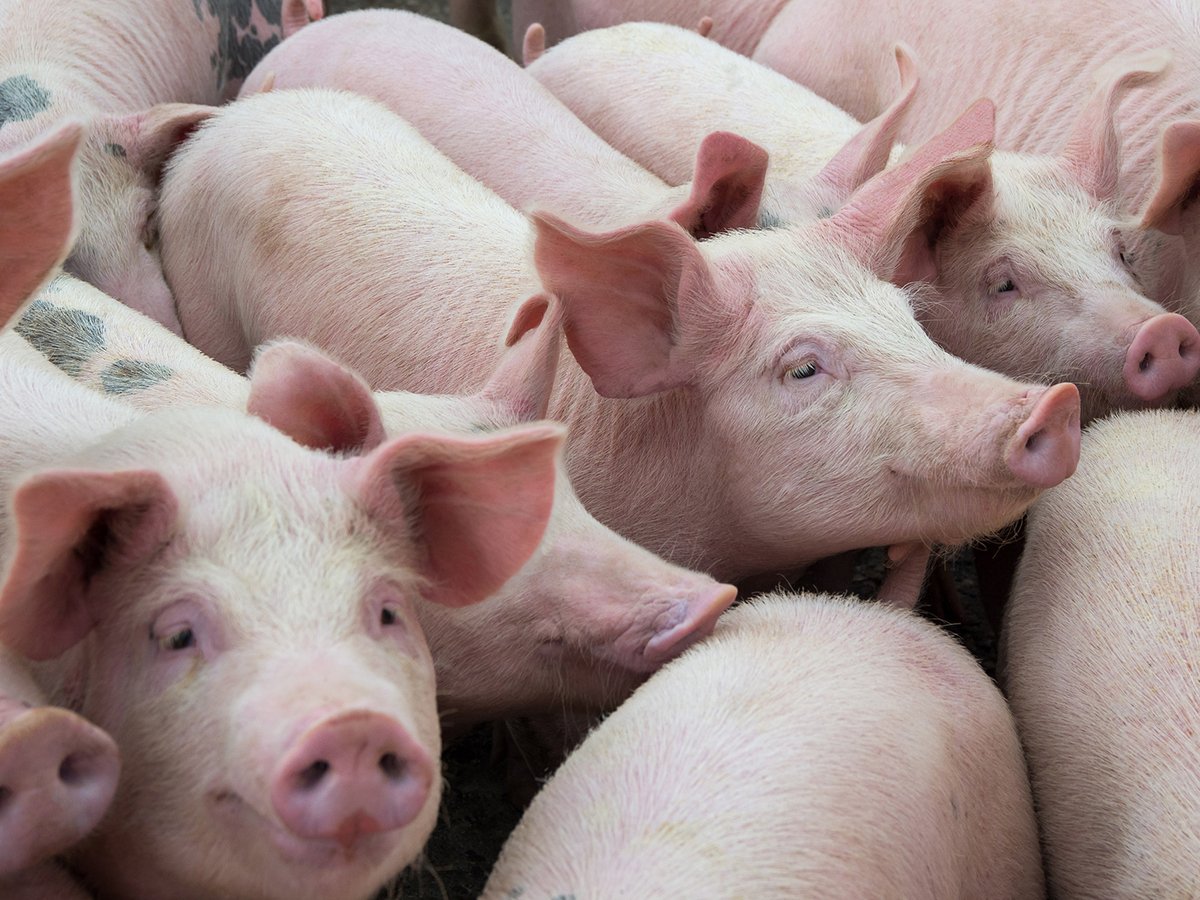Manitoba hog producers are acting as guinea pigs for the rest of the Canadian industry to see how well needleless medication injectors work.
More than 100 producers have been using the developing technology, which the industry hopes can eventually eliminate the problem of broken needles in meat.
“From a food safety perspective, it’s an excellent opportunity to control the risks of administering injections,” said Dawn Lawrence, manager of the Canadian Pork Council’s Canadian Quality Assurance (CQA) program.
“It looks like a good opportunity, if they can afford to adopt the technology.”
Read Also

Quebec pork company calls for transparency around gene-edited pigs
Quebec-based pork company duBreton is calling for transparency around meats from gene-edited pigs on concerns that a lack of mandatory labelling will confuse consumers, and dilute certification claims. The organic sector is also calling for labelling rules.
Twenty-five percent of the Manitoba farms enrolled in the CQA program are using the needle-less injectors, which is much higher than the national rate.
The higher adoption in Manitoba is credited partly to the Manitoba Pork Council and University of Manitoba promoting the idea and partly to the Growing Forward program, which covers up to $2,000 of the cost.
“The cost of adopting something new is certainly going to impact the decisions that are made,” Lawrence said.
Needle-less injectors would eliminate the risk of pigs going to slaughter with broken needle points inside of them.
Researchers also believe 75 percent of needle-based disease transmission could be eliminated if needleless injectors were used.
However, Lawrence said more research is needed before these new injectors will work well and consistently in commercial barns. Some can only deliver a limited amount of medication or vaccine.
He said research conducted by the Manitoba Pork Council and the U of M will help producers know what to use and how to use it. Producers in other parts of the country have been reluctant to take a chance on the unproven methods without government funding and research support.
“Where we’re seeing the uptake is Manitoba,” he said. “That’s where we’ve seen the greatest interest.”

















